3 Most Confusing Things About Sales Tax
Why sales and use tax compliance isn’t as simple as it seems.
When it comes to running a business, sales tax compliance often causes more stress than it should. Business owners and accountants alike know that it’s full of tricky rules, changing regulations, and lots of gray areas. If you’ve ever found yourself second-guessing how to handle sales tax, you’re not alone.
Let’s break down the three most confusing aspects of sales tax and how to navigate them.
1. Sales Tax Rates and Rules Are All Over the Place
One of the biggest pain points? Sales tax rates and rules vary—not just by state, but by city, county, and even district. A business might charge one rate in one location and a completely different rate just across the street.
And it doesn’t stop there. Different jurisdictions have their own rules about what’s taxable and what’s not. For example, some states tax clothing, others don’t. Some tax digital products, others exempt them.
Tip: Use a reliable tax rate lookup tool or automation software to keep your rates accurate. And always double-check for updates—rates can change yearly, or even quarterly.
2. Sales Tax Nexus: Do You Even Need to Register?
Sales tax nexus refers to a business’s connection to a state or jurisdiction that triggers tax collection requirements.
Traditionally, physical presence (like a storefront or warehouse) created nexus. But thanks to the rise of e-commerce, economic nexus laws now mean that high-volume sales in a state—even without a physical location—can also require registration.
Tip: Check each state’s economic nexus threshold (often based on revenue or transaction count). If you meet or exceed it, registration and regular filings are mandatory.
3. Exemptions & Exemption Certificates: More Than Just Paperwork
Sales tax exemptions can apply to certain customers (like nonprofits or resellers) and certain products or services. But even when something is exempt, you’re not off the hook—you must collect and store proper documentation, typically in the form of a valid exemption certificate.
Tip: Keep digital records of certificates, check for expiration dates, and verify that the exemption applies to the specific transaction.
Final Thoughts: Stay Proactive, Not Reactive
Sales tax compliance isn’t just about following the rules—it’s about knowing which rules apply to you or your clients. Staying informed, organized, and proactive will help you avoid penalties and audits.
Need help keeping up with sales tax compliance? Reach out to a professional or consider software tools that make it easier to manage multi-state sales tax.
More Tips in The Sales Tax Sisters Academy
Our mission to provide a resource so business owners, accountants and bookkeepers can understand sales & use tax compliance. We know that sales and use tax laws are not the easiest to understand. Our focus is on empowering you with a framework and general understanding, so you know what questions to ask and where to go to get the information you need to stay on the right side of sales and use tax compliance.
🎥 Here’s a short video that breaks down the 3 most confusing things about sales tax—changing tax rates, figuring out when you need to register (nexus), and dealing with exemptions and certificates. Whether you’re a business owner or advisor, this quick guide will help you navigate the trickiest parts of sales tax compliance with more confidence.

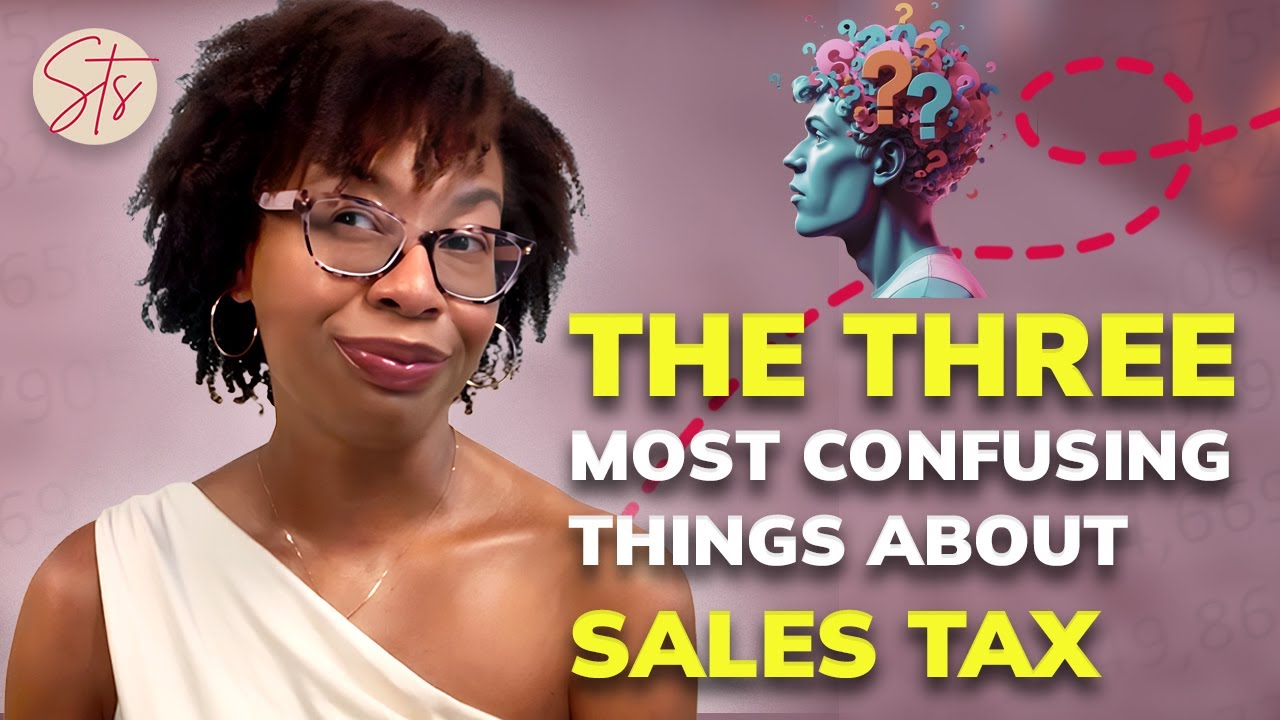
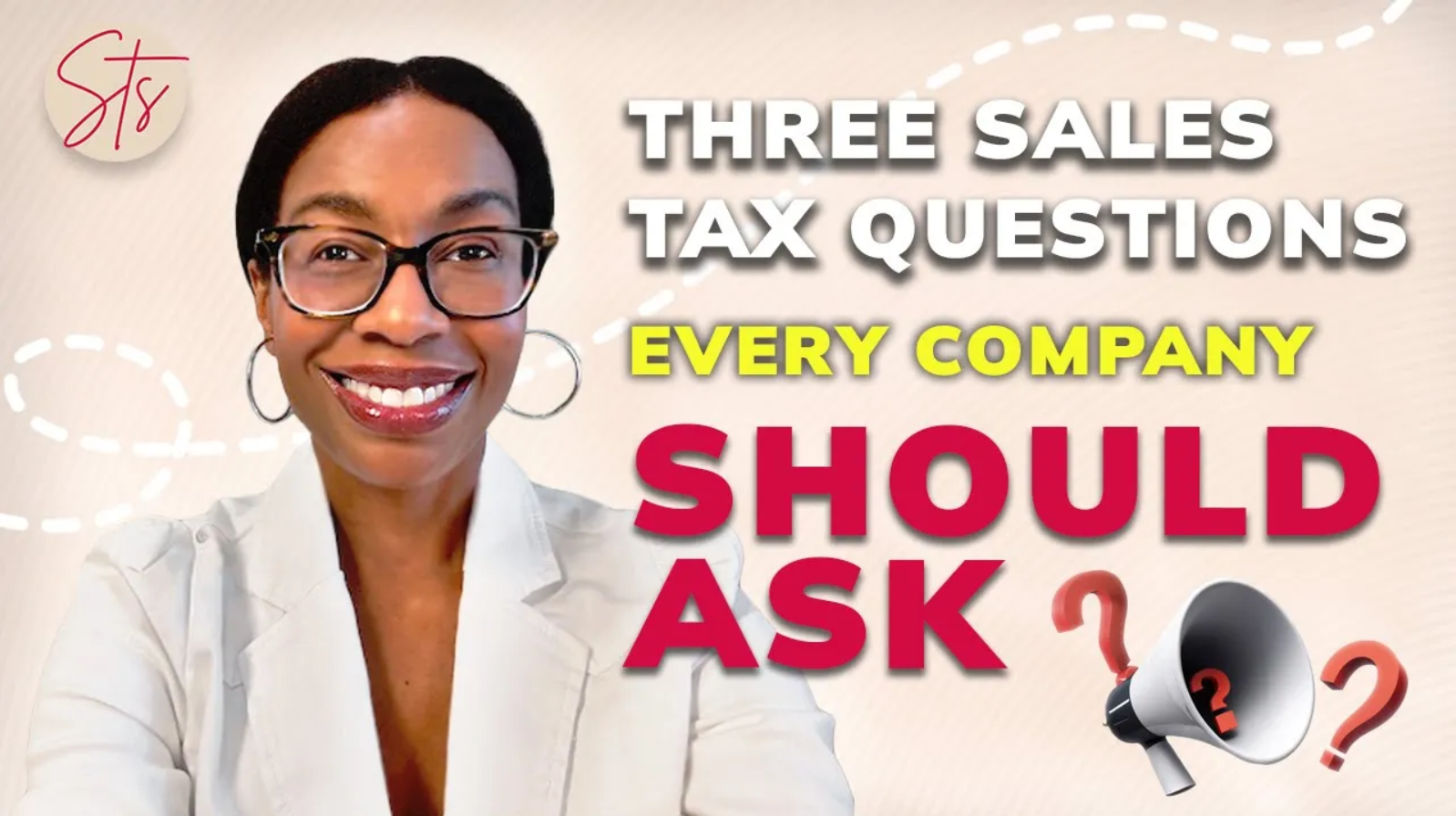
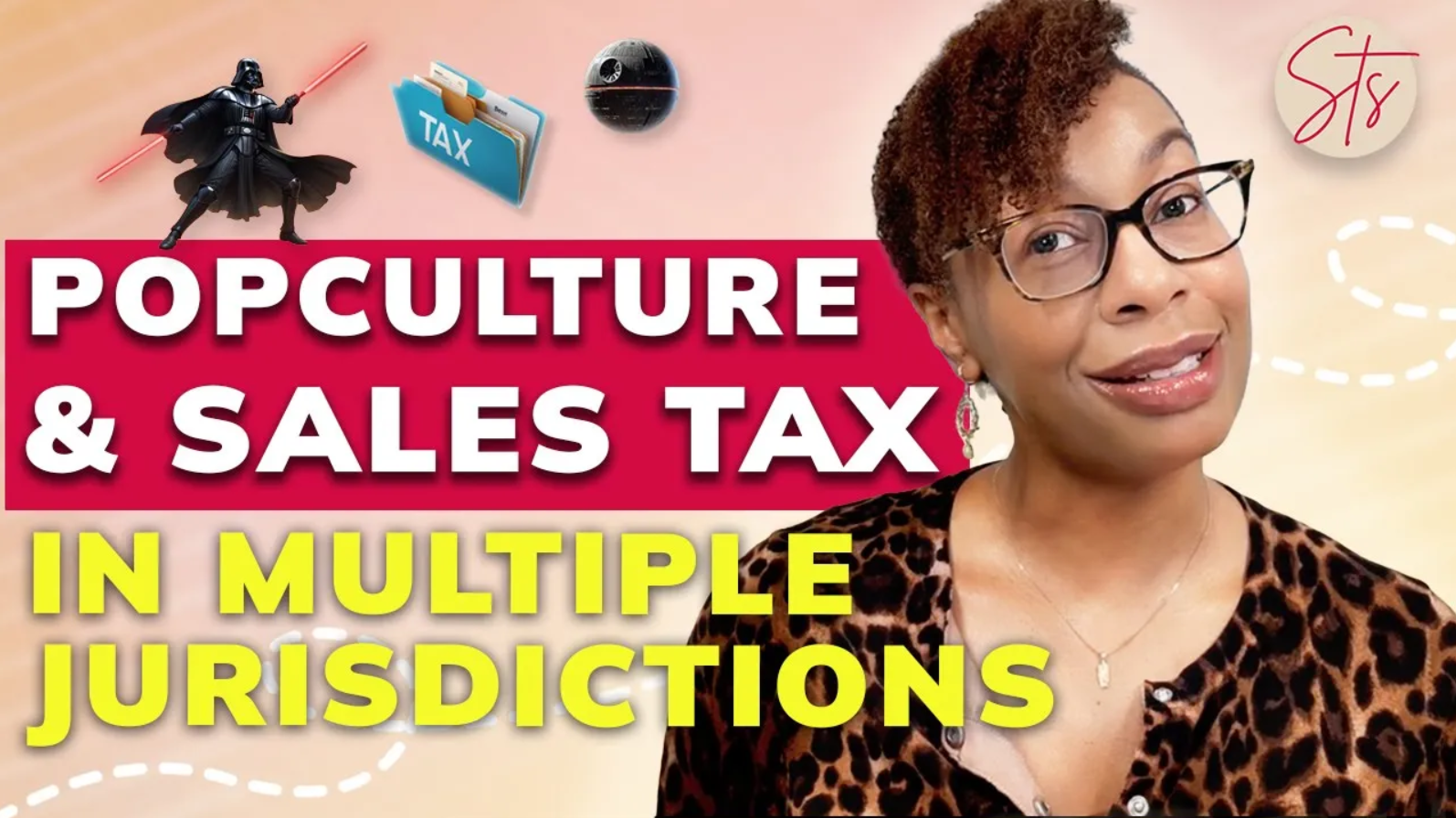
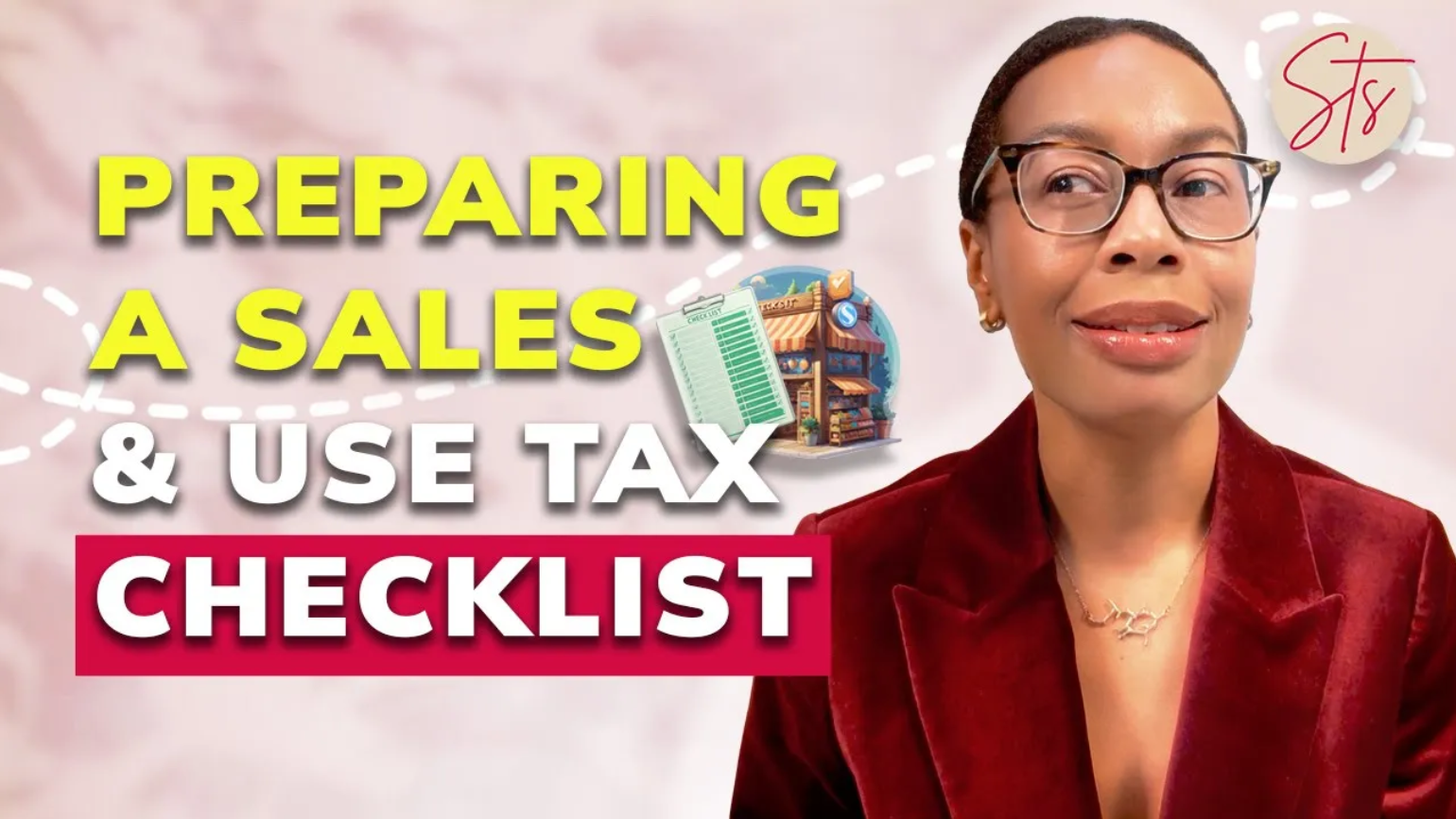
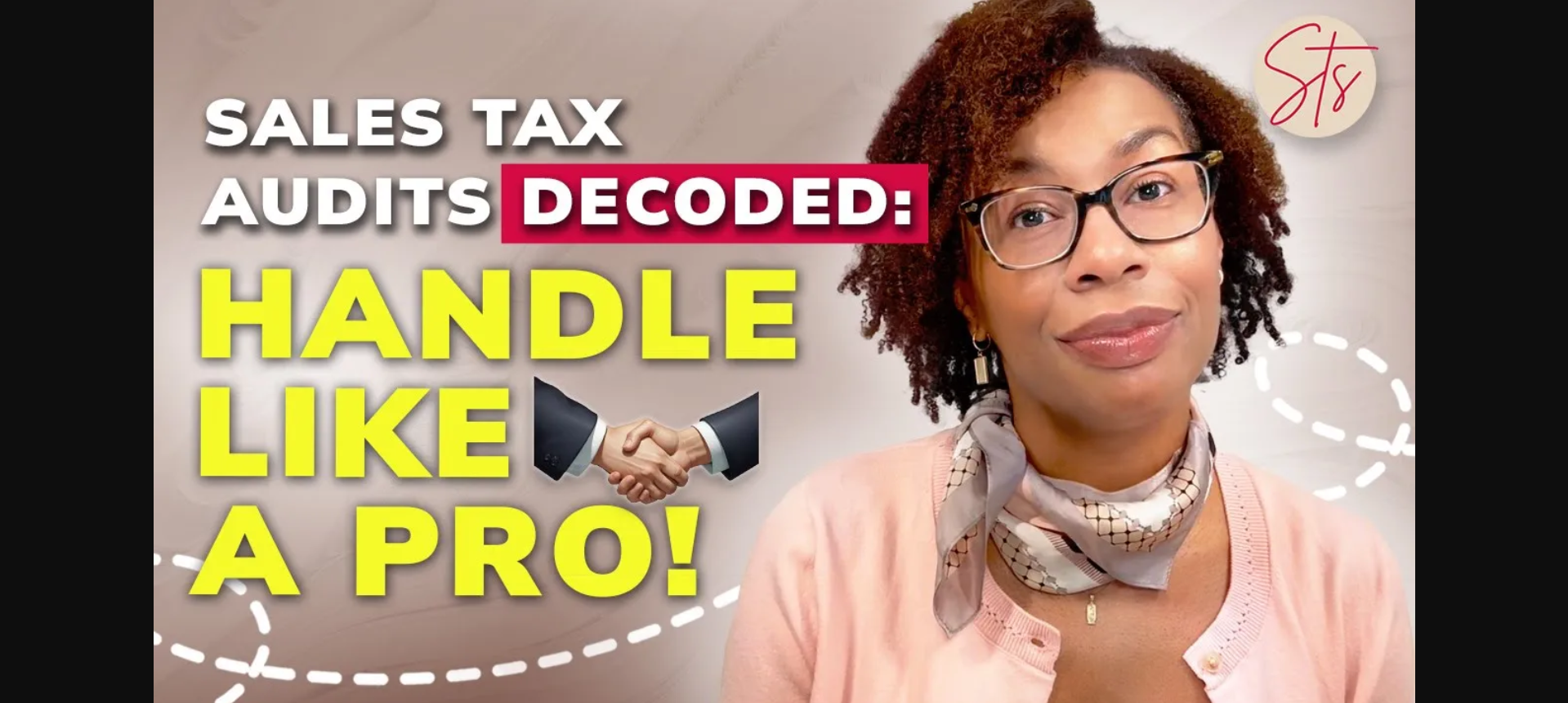
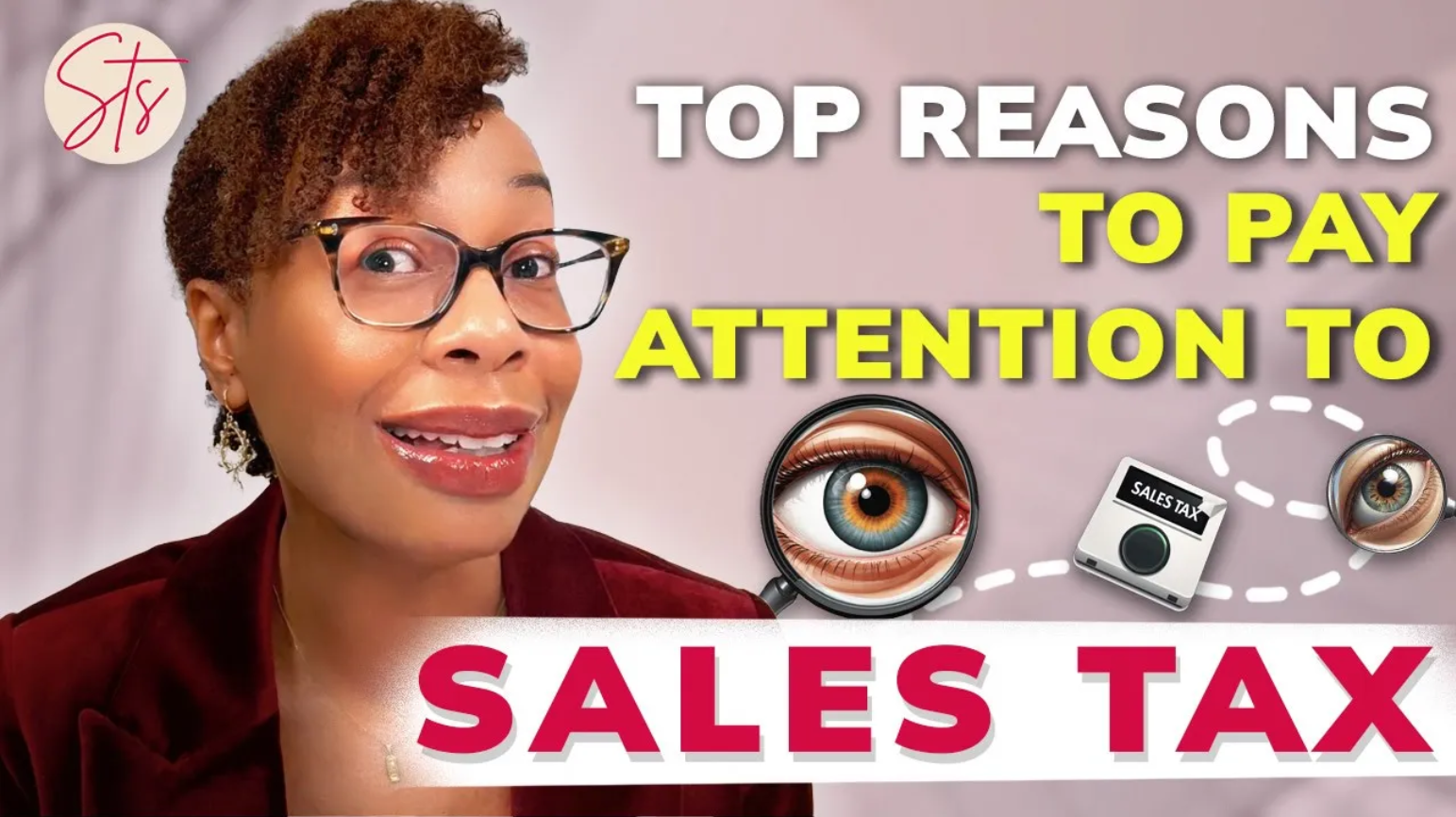
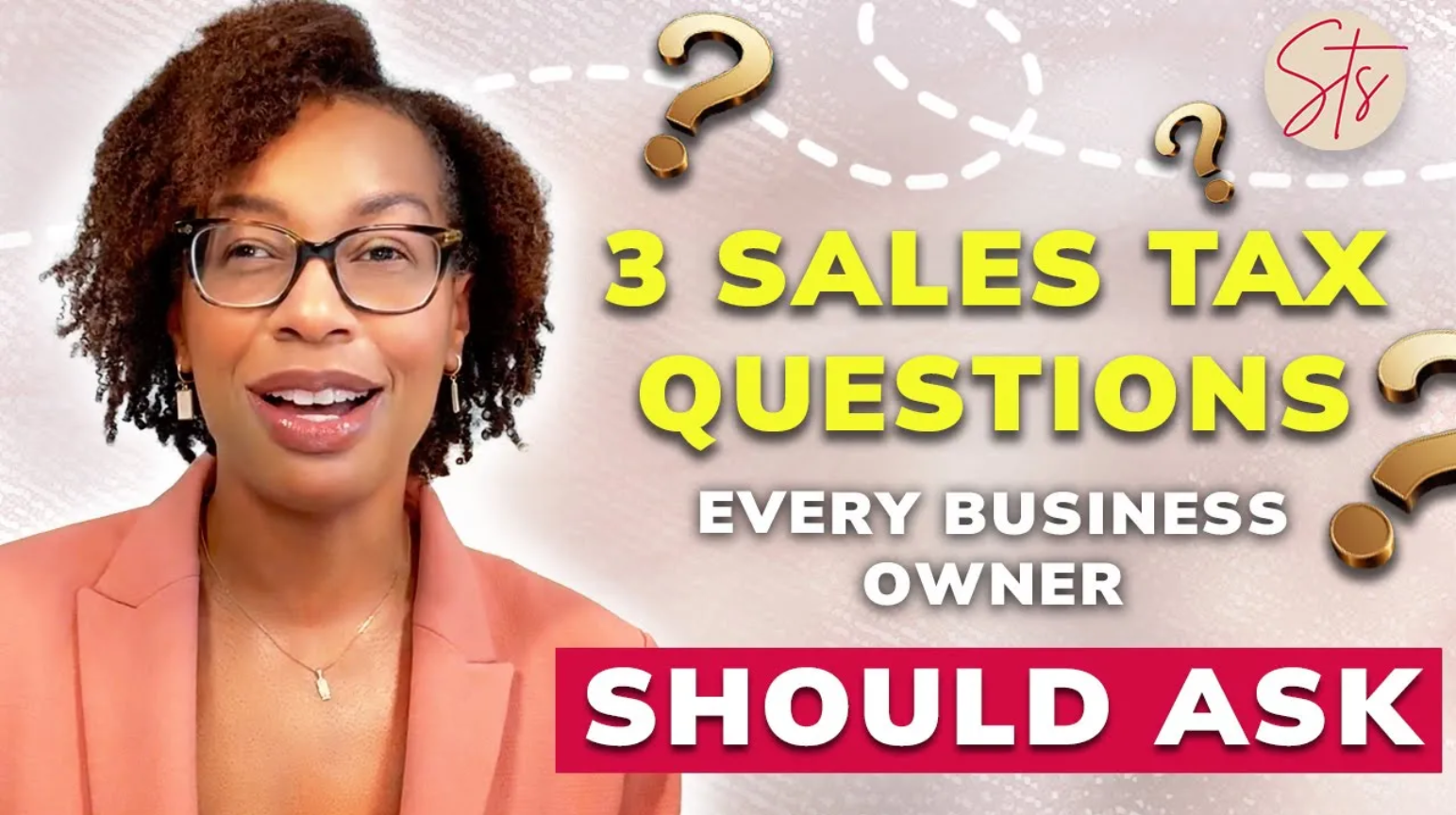
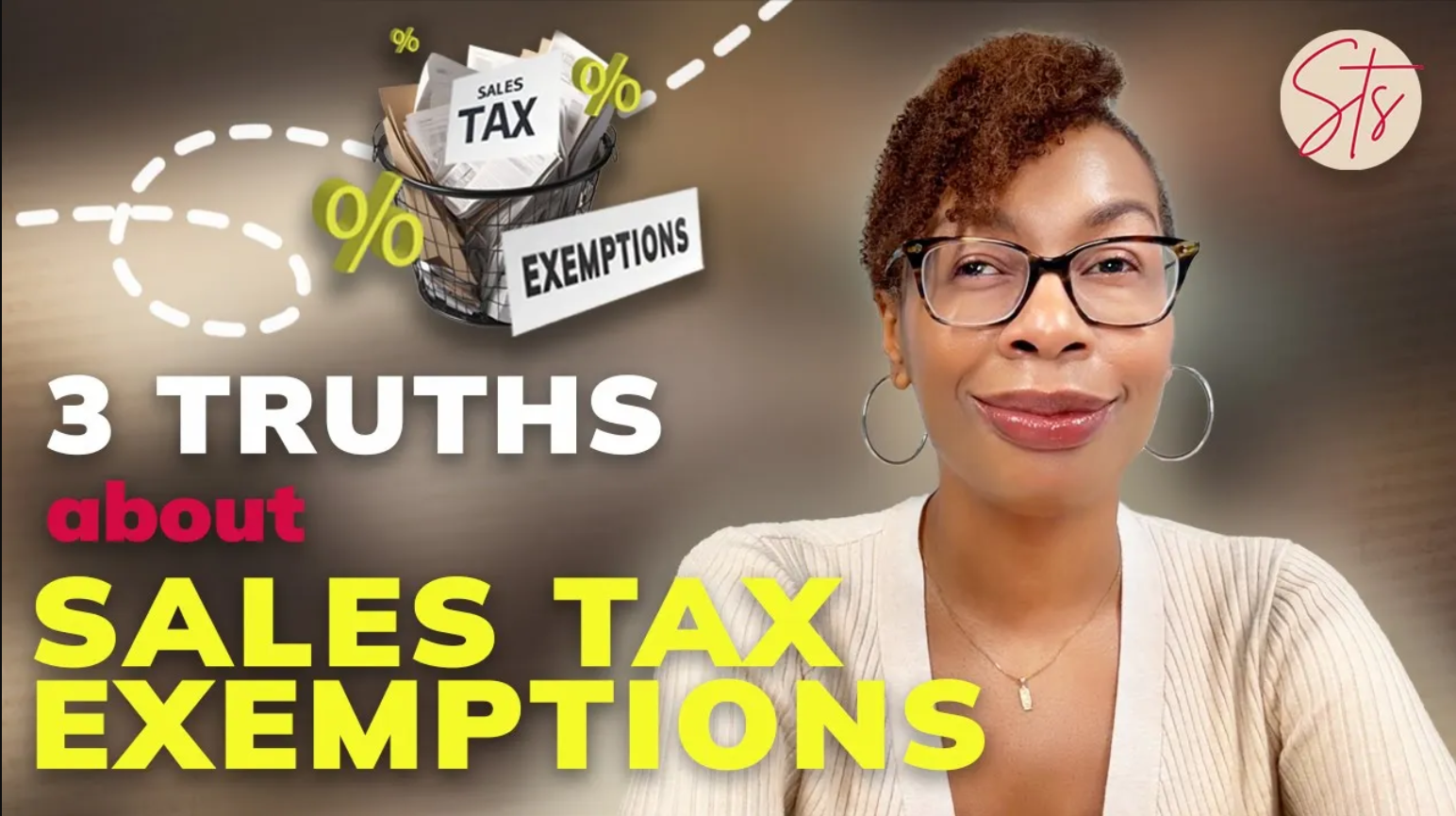
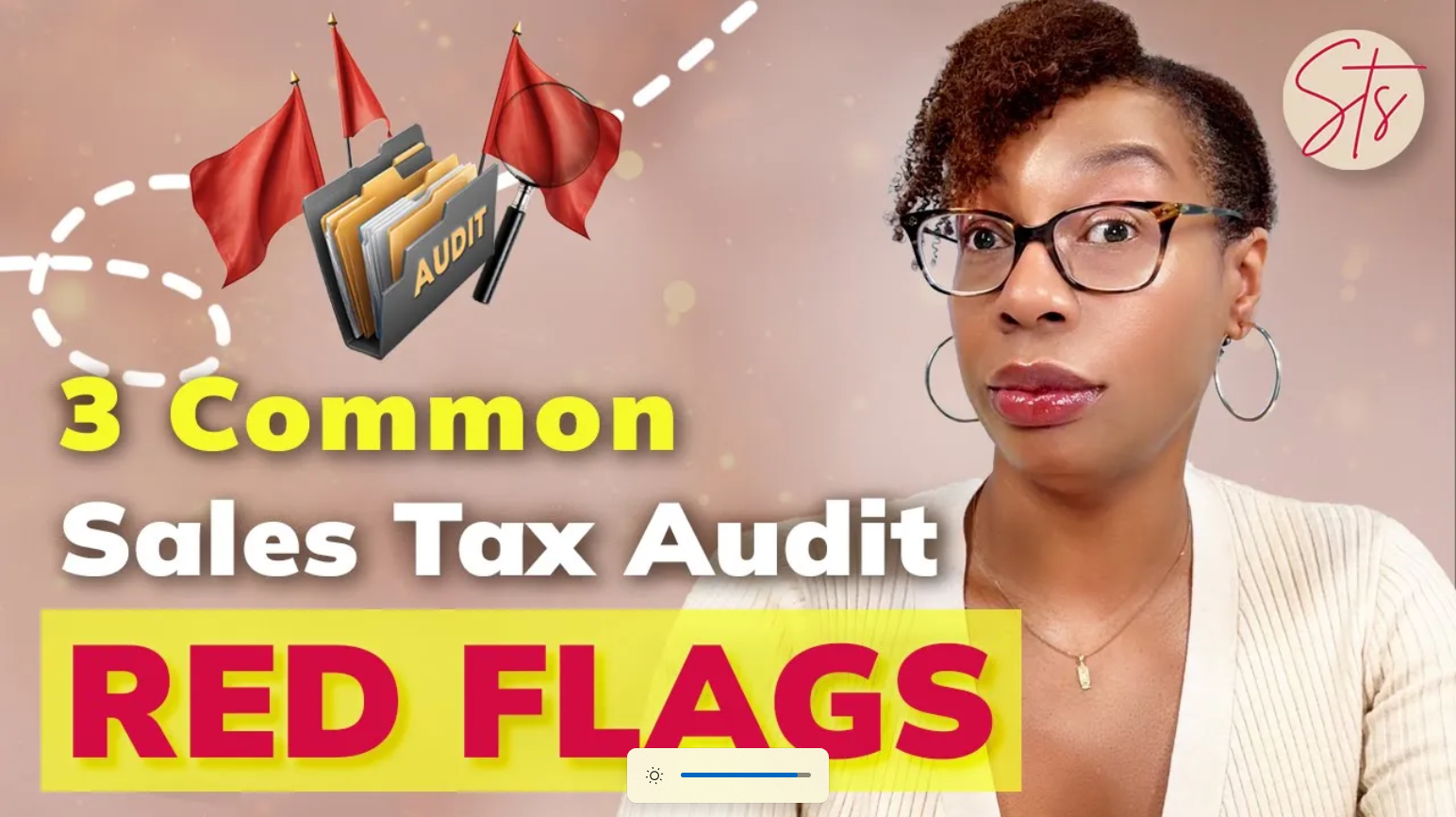
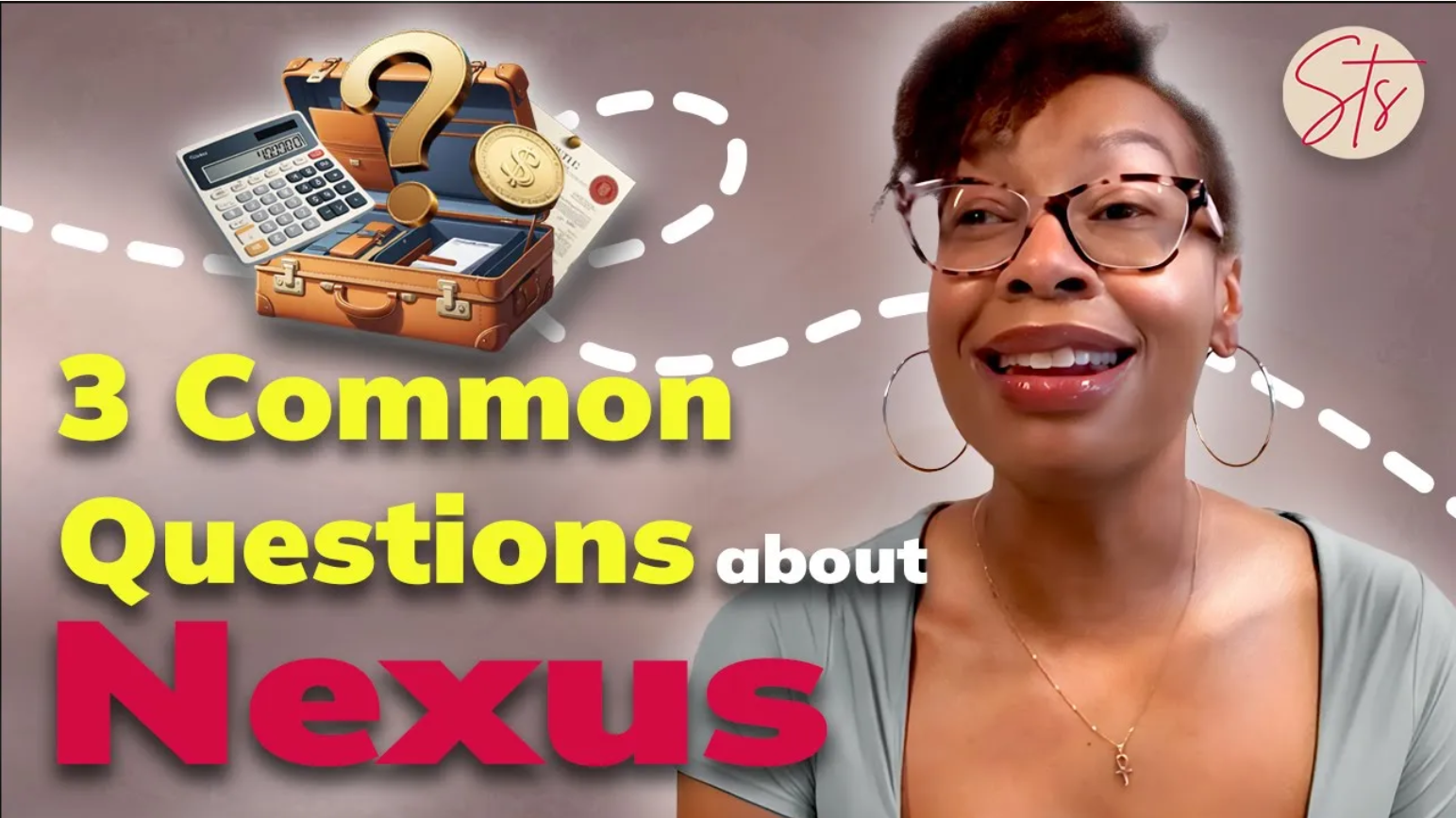



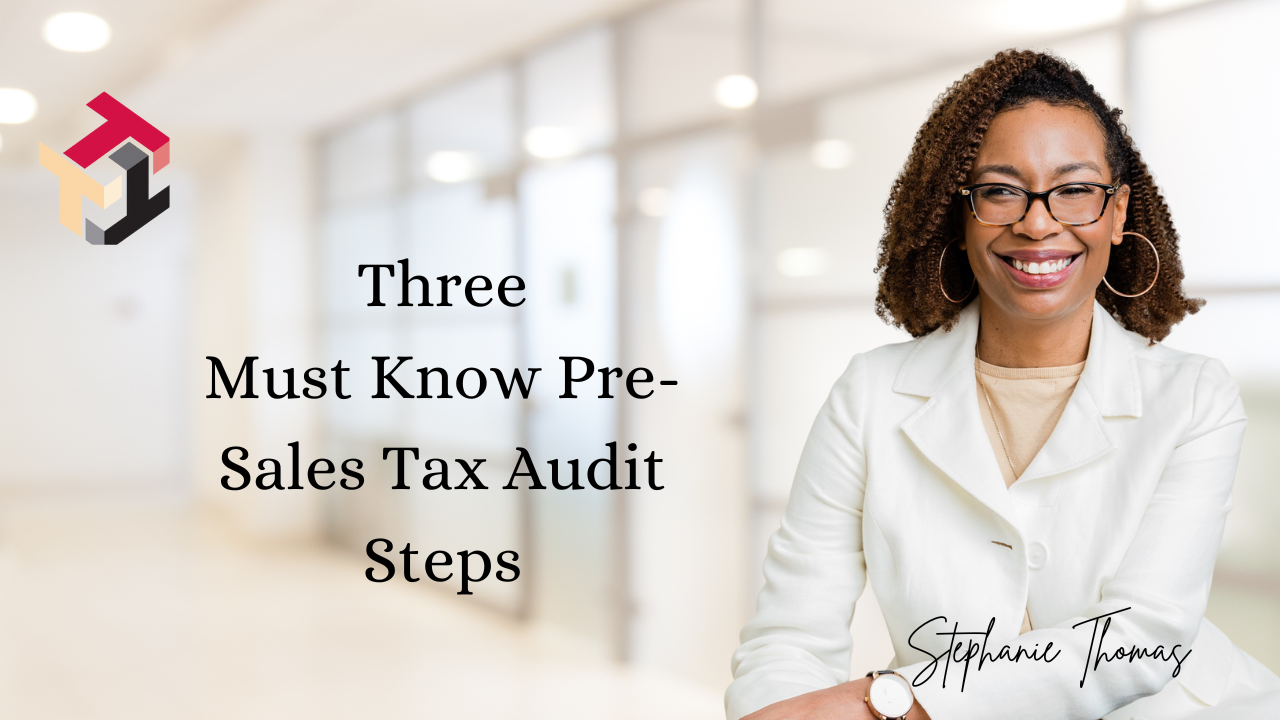

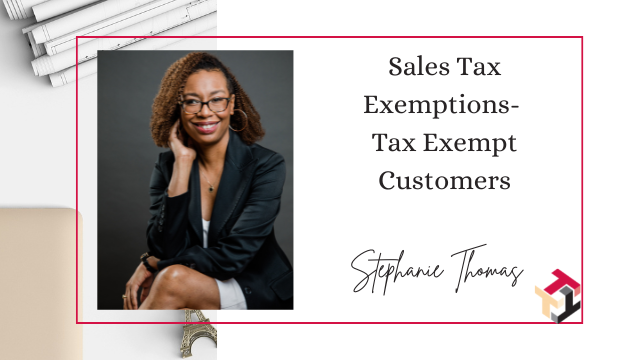


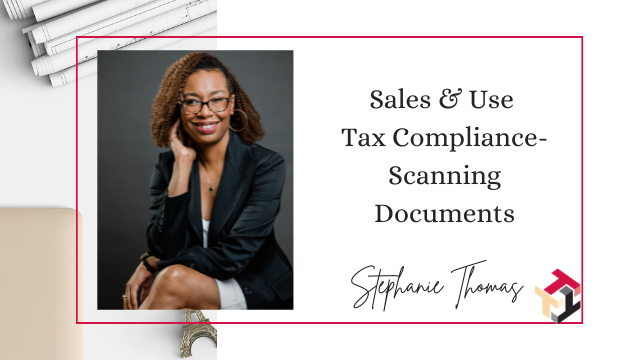







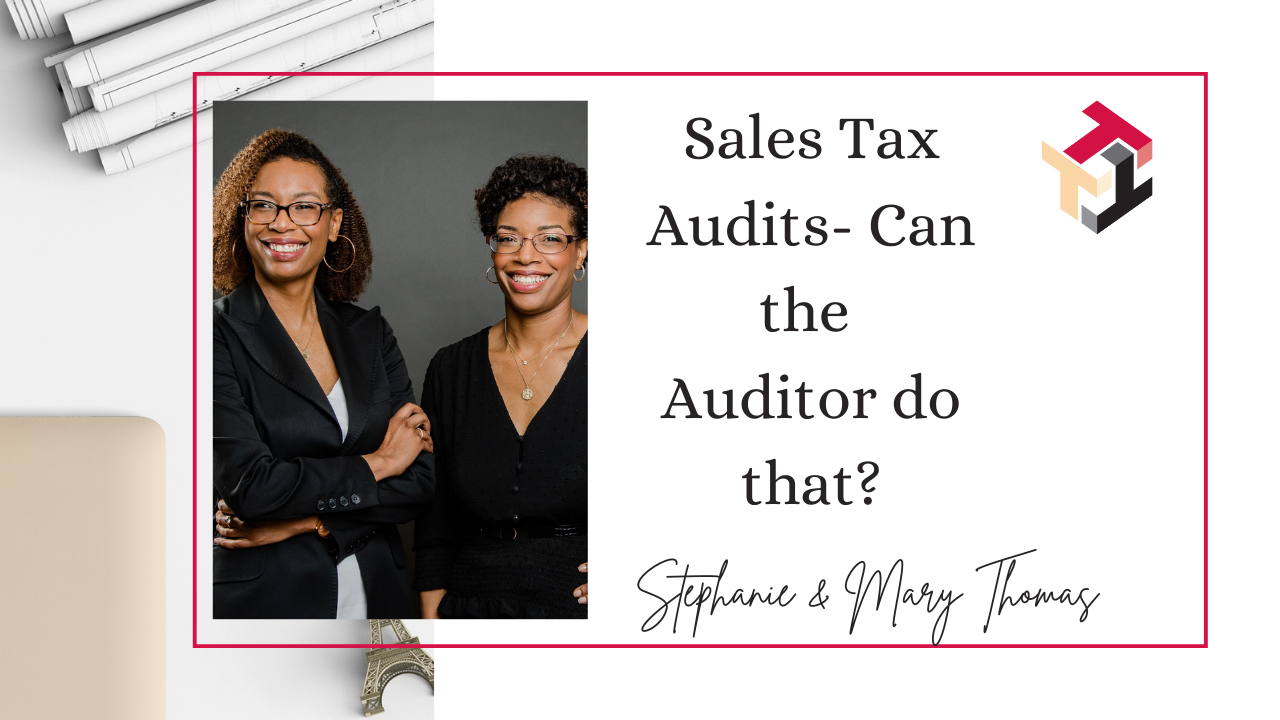


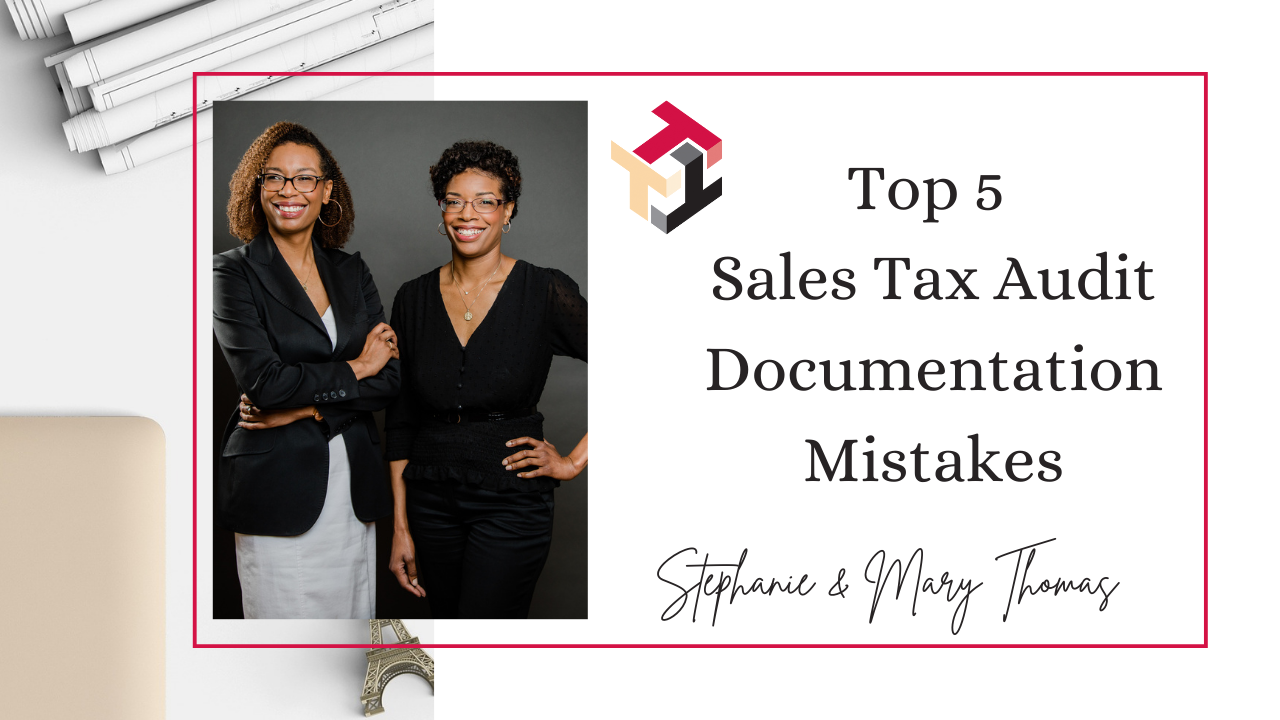
0 Comments